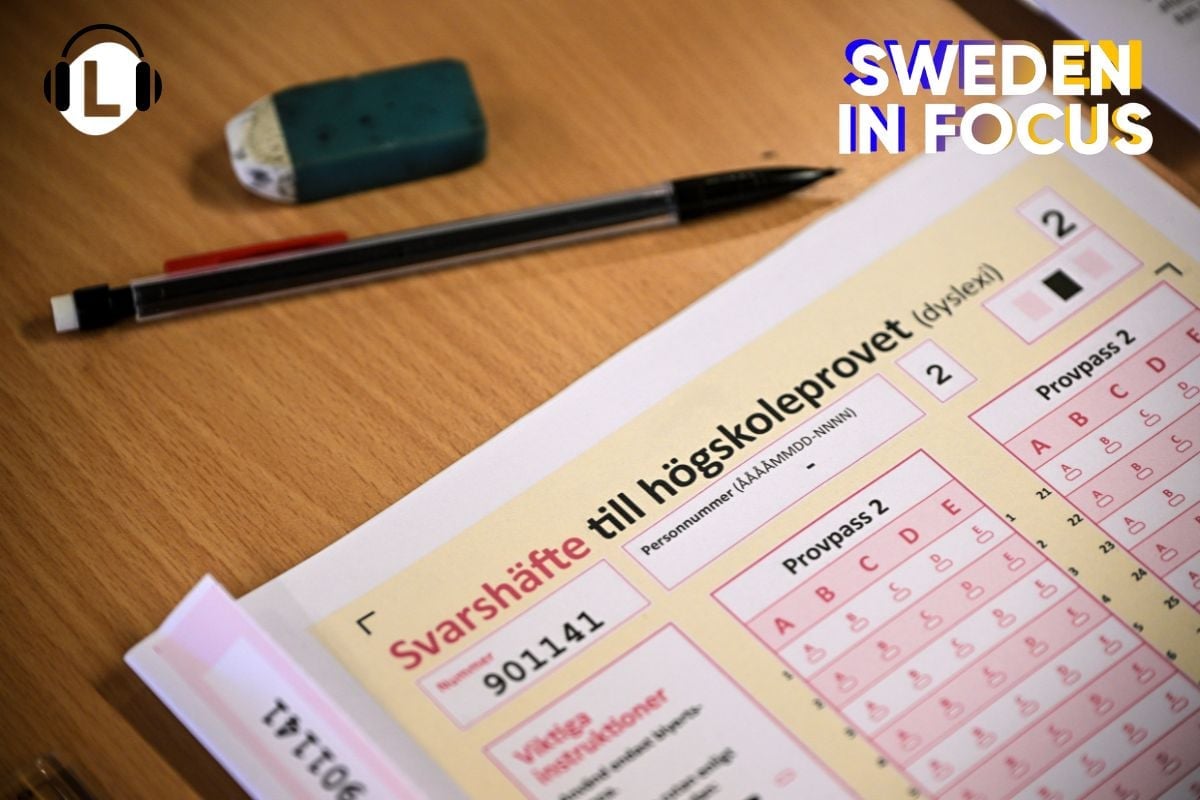Myanmar arrests 45 alleged scam operators in Shan state, but gangs persist
One young Lao trafficking victim has been waiting for help from authorities for two years.

Read a version of this story in Burmese.
Authorities in Myanmar have arrested 45 people, including 18 Chinese citizens, for their alleged involvement in an online scamming operation in Shan state, according to pro-junta social media channels.
The arrests, which took place on Monday in Tangyan township, highlight the continued presence of Chinese fraud gangs in northern Shan state near the Chinese border, despite efforts to shut them down.
The gangs represent just a drop in the bucket of the vast networks of human trafficking that claim over 150,000 victims a year in Southeast Asia.
On Tuesday, pro-junta channels on the social media platform Telegram said that police arrested 18 Chinese nationals and 27 Myanmar nationals in a raid on the scam operation in Tangyan’s Nawng Hee village.
Authorities seized Starlink internet equipment, mobile phones and weapons, the Telegram channels said, without providing details on what actions would be taken against the 45 suspects.
The raid comes two weeks after the ethnic United Wa State Army, or UWSA, detained more than 1,000 people it accused of "Kyar Phyant,” or online money laundering, in a large-scale operation in Tangyan township on Nov. 19.
That same day, the UWSA handed over more than 700 of the detained Chinese nationals to Chinese authorities.
RELATED STORIES
Myanmar militia arrests and deports hundreds of Chinese scammers
Remaining 14 young Laotians freed from Chinese casino in Myanmar
Kachin, Shan residents face hardships as China and Myanmar block trade
The village where the arrests occurred is in Ward 8 of Tangyan township, an area controlled by the Shan State Progress Party and Shan State Army, or SSPP/SSA, according to local sources.
Unlike the SSPP/SSA, which opposes the military’s Feb. 1, 2021, coup d’etat, the UWSA has not battled the military for decades. Instead, the army, which is one of Myanmar’s most powerful paramilitary groups, runs its own mini-state in Shan state that includes various businesses and, international anti-drug agencies say, extensive illegal drug production.
Kyar Phyant gangs ‘still operating’
Despite the crackdown in recent weeks, online money laundering gangs continue to operate as usual in the area, a resident of Tangyan told RFA Burmese, speaking on condition of anonymity due to security concerns.
“There are many Kyar Phyant operations in Tangyan -- they keep moving from one place to another,” he said. “So far, [authorities] only managed to shut down one or two operations, but many others are still operating.”
The resident said ethnic Chinese living in the town “drive big luxury cars” and “it’s clear they’re not locals.”
“They build large fences around their properties and run operations inside, like factories,” he said. “When trouble arises, they just relocate and continue their activities.”
Residents said that most of the operations were previously based in Panghsang, a region under the control of the UWSA, but relocated to Tangyan following a series of arrests in late 2023.

According to residents, many of the gangs are concentrated in areas controlled by the Mongpan and Mongha militias, which operate under the authority of the junta.
But online money laundering operators are active in both junta-controlled areas and those under the authority of the UWSA and SSPP/SSA, they said.
Attempts by RFA to contact the UWSA and the SSPP/SSA for comment went unanswered Tuesday.
‘They deliberately allow them to survive’
Residents of nearby Muse, a township under junta control on the border with China, said money laundering gangs are also operating there in Swan Saw and Mingalar Muse wards, in buildings protected by armed guards.
“In Muse, Kyar Phyant operations are cooperating with the junta, so many of them remain,” said one resident, who also declined to be named. “The arrests are merely for show.”
Residents said some of the 15 pro-junta militia groups with a presence in Muse are providing security and weapons to the gangs, making the areas where they operate “inaccessible to outsiders.”
However, junta authorities have acted to shut down the gangs, when pressured by China.
Between April and October, more than 1,100 Chinese nationals were arrested in Muse for their alleged roles in online money laundering.
An ethnic Shan former youth leader based in northern Shan state told RFA that the junta and rebel groups benefit from allowing the operations to persist and only make arrests “for show” to appease Beijing.
“They arrest people, hand them over, and then secretly recruit others to continue the work,” he said. “This is how the system operates -- it’s essentially a source of income for them.”
“To truly eradicate these operations, we must forcefully dismantle all the elements collaborating with these gangs, including the junta and other armed forces,” he said. “Otherwise, it will be like the drug trade: whether arrests happen or not, the operations continue. Why? Because they deliberately allow them to survive. That’s the reality.”
Chinese pressure
Since 2023, China has been collaborating with neighboring countries Thailand, Laos, and Myanmar to crack down on online money laundering, following a surge in crimes targeting Chinese citizens originating in Myanmar.
As of Nov. 21, more than 53,000 Chinese nationals have been arrested on suspicion of involvement in online money laundering, the official Xinhua News Agency reported, citing statistics from the country’s Public Security Bureau.
During a November visit by junta leader Senior Gen. Min Aung Hlaing to China, Chinese Premier Li Keqiang emphasized the need for cooperation in combating cross-border crimes, including online gambling and money laundering.

RFA attempted to contact junta spokesperson Major Gen. Zaw Min Tun for comment on the ongoing online money laundering operations involving Chinese nationals in areas controlled by the military, but was unable to reach him.
Attempts to contact the Chinese Embassy in Yangon via email to inquire about the online money laundering activities led by Chinese nationals in Myanmar’s border region similarly went unanswered.
Lao woman trapped in Kayin
Reports of the arrests came as RFA Lao learned that an 18-year-old Lao woman has been trapped at a Chinese scam center in Myanmar’s Kayin state for two years, despite appeals to authorities for help.
The young woman, who withheld her name out of fear of reprisals, was one of several Laotians trafficked to work as scammers at a place called “Casino Kosai” in an isolated development near the town of Myawaddy, close to Tak province on the Thai border, where ethnic Karen rebels have been engaged in intense fighting with junta troops in recent months..
In a text message sent to RFA last week, she said that the gang members that are holding her beat her when she fails to scam potential victims.
“The Chinese bosses hit me and torture me every day,” she said. “Why isn’t anybody coming to help me?”
RFA spoke with the young woman’s mother, who said that her daughter had told her about the abuse she endures in addition to being forced to work 10-19 hours a day.
“I have no idea what to do to bring my daughter back home,” said the mother. “The Chinese bosses use cattle prods to torture her if she doesn’t do her job well.”
The mother said that her daughter was initially promised a factory job in Thailand, before she was sold to the Chinese scam gang and brought to Myanmar.
She said that her daughter’s bosses have threatened to sell her to a Chinese gang in Cambodia and force her to become a sex worker.
RFA spoke about the young woman’s case with an official from the Lao Ministry of Public Security, who said that rescuing people from scam centers in areas in Myanmar that are not under junta control “is very difficult,” adding that there is little the Lao government can do about the situation.
“It makes it difficult for the junta’s police force to help victims of scammer gangs -- this is what the Burmese police force told us,” she said. “The only people who can be rescued are those who escape from their Chinese bosses. Then they can ask for help from Burmese police before being handed over to Laos.”
Attempts by RFA to contact the Lao Embassy in Yangon about the young woman’s situation went unanswered by the time of publishing.
The Civil Society Network for Victim Assistance in Human Trafficking, a human rights group in Thailand, says there are at least 10 Lao nationals among some 110 victims who remain trapped working for scam centers in Myanmar.
Translated by Kalyar Lwin and Phouvong. Edited by Joshua Lipes and Malcolm Foster.












